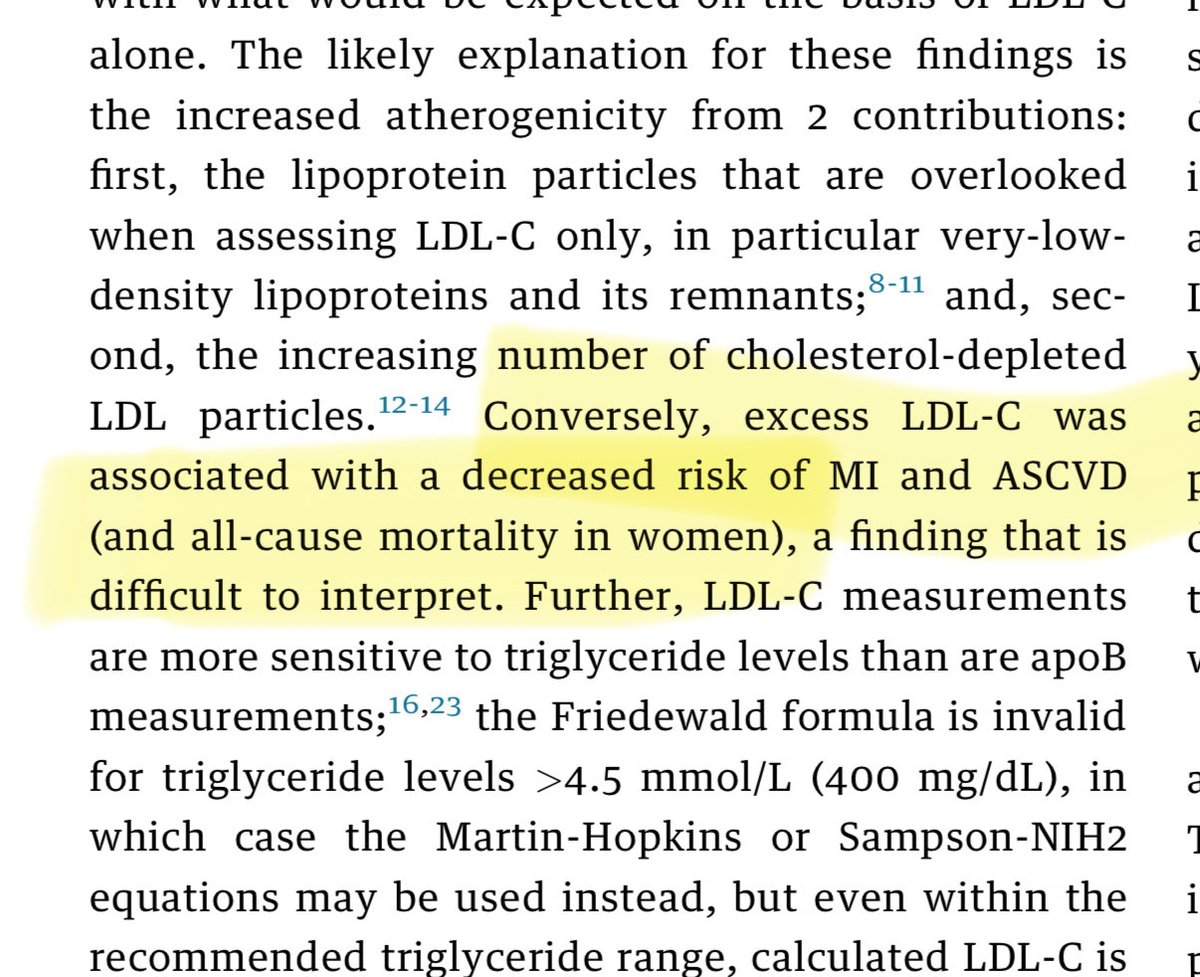Prior to that I had loved to exercise.
Throughout my life actually I love to exercise even at 350lbs
Throughout my life actually I love to exercise even at 350lbs

After my surgery I faced a complication, I had a collection and a possible infection
I was unable to move my arm to my head level for about 4 months after my surgery, I was finally able to move hand above my head one year later (about 16 months ago)…

I was unable to move my arm to my head level for about 4 months after my surgery, I was finally able to move hand above my head one year later (about 16 months ago)…


I had to pivot around my disability…
I bought an assault bike and basically cut my routine to 4 15 minute sessions per week
I bought an assault bike and basically cut my routine to 4 15 minute sessions per week

Luckily my diet has kept me from massive weight regain
Yes I’ve had ups and downs
And yes my body composition isn’t prime time but im proud of myself
Yes I’ve had ups and downs
And yes my body composition isn’t prime time but im proud of myself

I continue to workout at home and now my kids join me as I’ve slowly expanded our home gym from just that lonely assault bike 2 years ago! 

• • •
Missing some Tweet in this thread? You can try to
force a refresh







